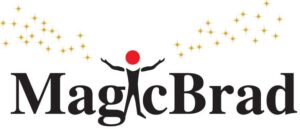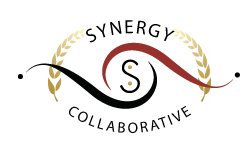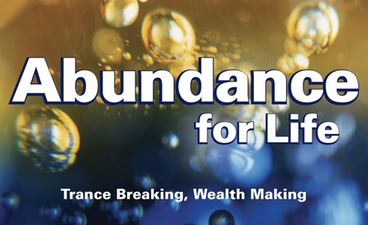Title: Transformation through Microdosing: My Journey to Sobriety
In a world where traditional approaches to overcoming addiction often dominate the conversation, microdosing presents a fascinating alternative. As someone who struggled with substance abuse for years, I found myself on a path of self-destruction until I discovered the potential of microdosing to facilitate transformation and aid in my journey to sobriety.
Microdosing, the practice of consuming tiny, sub-perceptual doses of psychedelics like LSD or psilocybin mushrooms, has gained traction in recent years for its purported benefits on mood, creativity, and cognition. However, its potential in addressing addiction and supporting sobriety is a lesser-known aspect that deserves attention.
My personal journey with microdosing began out of sheer desperation. I had tried various conventional methods to combat my addiction, from therapy to support groups, but nothing seemed to offer a lasting solution. That’s when I stumbled upon anecdotal reports of individuals using microdosing to break free from addictive patterns.
Embracing microdosing wasn’t an easy decision. There were concerns about legality, safety, and the stigma associated with psychedelics. However, after thorough research and consultation with healthcare professionals, I decided to give it a try.
The effects were subtle but profound. Unlike the intense psychedelic experiences associated with higher doses, microdosing offered a gentle shift in perception and mood. It helped alleviate the anxiety and depression that often fueled my addictive behaviors, providing a sense of clarity and inner peace that I hadn’t experienced in years.
One of the most significant impacts of microdosing was its ability to disrupt my habitual patterns of thought and behavior. It allowed me to step back and observe my cravings and impulses with a sense of detachment, empowering me to make healthier choices in the moment.
Moreover, microdosing served as a catalyst for introspection and self-discovery. It facilitated deep emotional processing, allowing me to confront underlying traumas and unresolved issues that had contributed to my addiction. Through this process, I gained a greater understanding of myself and developed coping mechanisms that didn’t rely on substance use.
Of course, microdosing alone wasn’t a panacea for my struggles. It was part of a comprehensive approach to recovery that included therapy, support from loved ones, and lifestyle changes. However, it played a pivotal role in breaking the cycle of addiction and laying the foundation for lasting sobriety.
As I reflect on my journey, I’m grateful for the transformative power of microdosing. It’s not a one-size-fits-all solution, and it may not be suitable for everyone. However, for those who are open to exploring alternative paths to healing, microdosing holds promise as a tool for transformation and liberation from addiction.
In sharing my story, my hope is to destigmatize discussions around microdosing and spark conversations about its potential therapeutic benefits. Ultimately, my journey to sobriety is a testament to the resilience of the human spirit and the endless possibilities for growth and renewal, even in the face of seemingly insurmountable challenges.
SEE ALSO the MindsOnMushrooms Podcast with Maggie Kirkwood.
Go To MindsOnMushrooms.com
JOIN US! SynergyCollaborative.com











